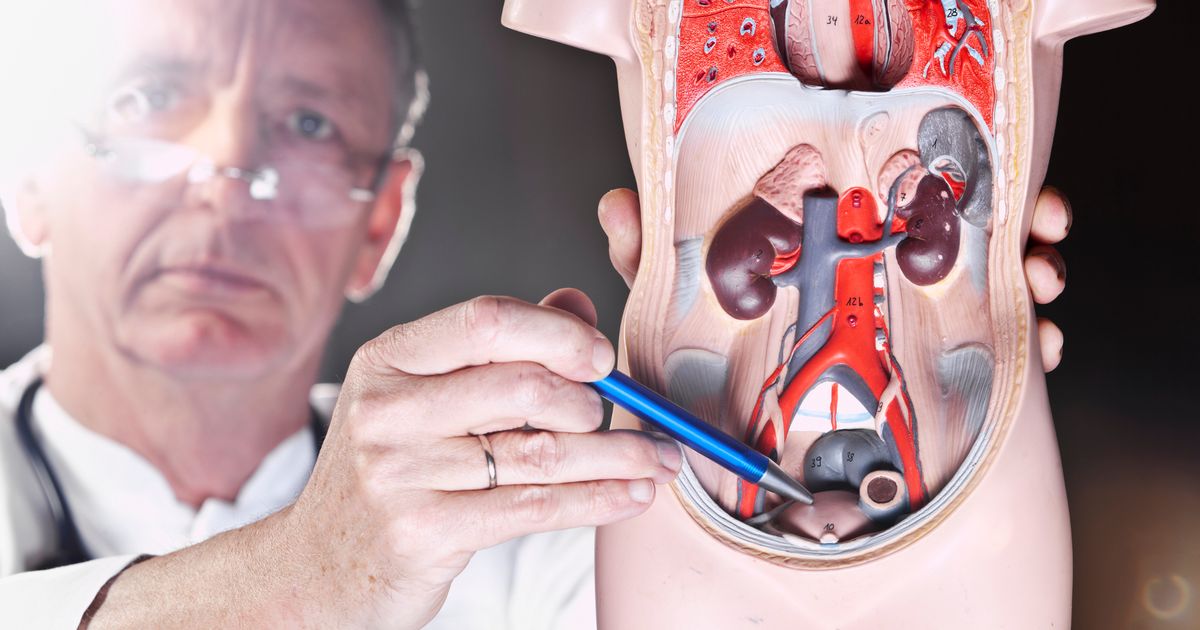Have An Overactive Bladder? You Aren't Alone And There Is Help
Enlarged Prostate

Individuals who have an enlarged prostate may experience an overactive bladder. The prostate gland is a gland in males located between the penis and bladder. The prostate gland is responsible for secreting a specialized fluid that protects and nourishes sperm. As an individual advances in age, their prostate can slowly grow larger in a benign fashion. An individual's prostate can also become enlarged as the result of a more malicious growth such as prostate cancer. Because the urethra runs through the prostate from the bladder to the penis, an enlarged prostate can narrow the urethra. The result of a narrowed urethra in a male is the bladder must use a greater effort to force the urine out of the body.
This malfunction causes the bladder muscle to do what any other muscle does when it is exercised over time, and it becomes stronger and thicker. While this sounds like it would be beneficial, it is actually more problematic because it increases bladder sensitivity. The bladder starts to contract in response to minimal amounts of urine, causing the patient to experience an overactive bladder. Certain medications and surgical procedures can help alleviate the symptoms that result from an enlarged prostate.
Excessive Consumption Of Diuretics

Excessive consumption of diuretics can result in an individual developing an overactive bladder. Diuretics are drugs used primarily to treat high blood pressure and other cardiovascular conditions. These medications work by stimulating the patient's kidneys to discharge an increased quantity of sodium in the urine. Because sodium is the main electrolyte that controls the movement of fluid, the sodium excreted in the urine takes fluids with it. This decreases the fluid levels in the body and increases the urine output. This causes the individual's bladder to fill up faster and void more often.
Excessive use of diuretics over extended durations can considerably overwhelm the patient's bladder muscle and its urine capacity. This mechanism results in an adaptive response by the body where it abnormally triggers the release of urine before it accumulates to the typical amount in healthy individuals when their brain sends signals to the bladder to urinate. Stopping the use of any diuretic medications and performing certain exercises to increase the bladder capacity can help mediate the symptoms that precipitate from this cause of an overactive bladder.
